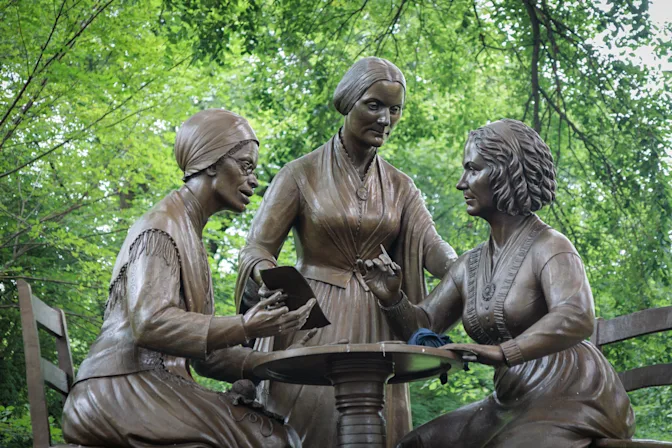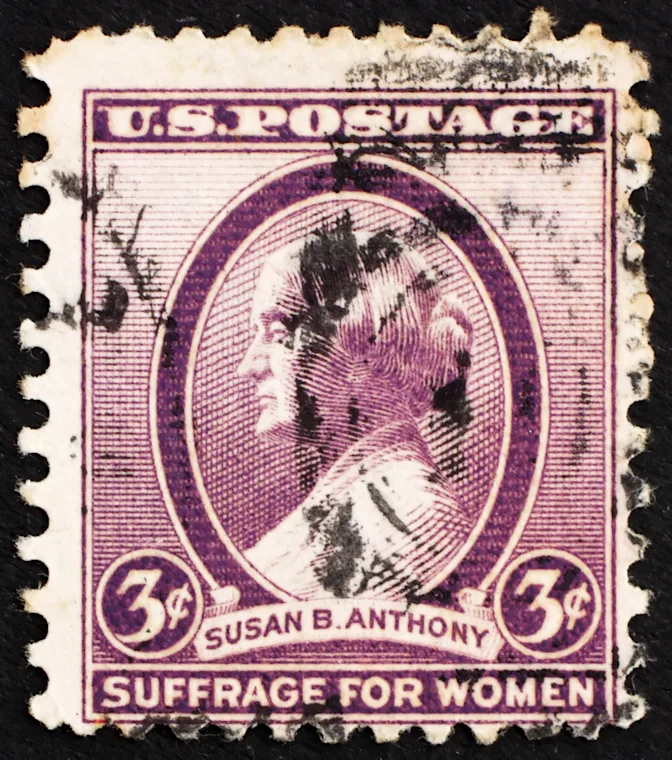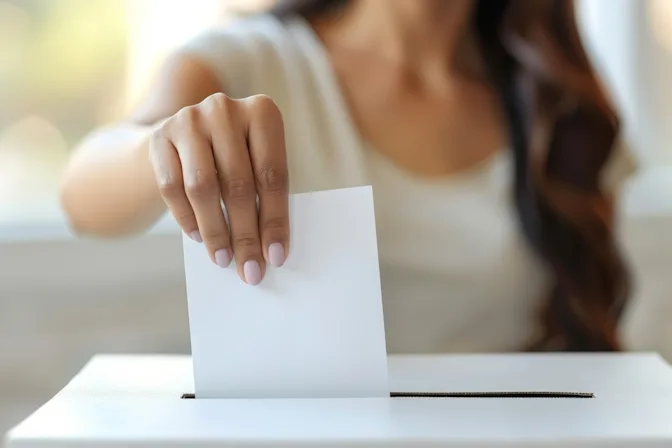
The Arrest That Ignited a Movement
In American history, few figures loom as large in the fight for women's suffrage as Susan B. Anthony. Her relentless advocacy for women's rights left an indelible mark on the nation, but it was her arrest for voting in 1872 that became a pivotal moment in the suffrage movement. This event not only highlighted the injustices women faced but also galvanized a generation to continue the struggle for equality. Let's take a closer look at this remarkable story and the enduring legacy of Susan B. Anthony's defiant act.
The Bold Move
 On Nov. 5, 1872, Susan B. Anthony displayed extraordinary courage by voting in the presidential election. At a time when women were not allowed to vote, this act was nothing short of revolutionary. Anthony, along with 14 other women, cast their ballots at a polling station in Rochester, New York. This daring move was part of a broader strategy to challenge the legal restrictions that barred women from participating in the electoral process.
On Nov. 5, 1872, Susan B. Anthony displayed extraordinary courage by voting in the presidential election. At a time when women were not allowed to vote, this act was nothing short of revolutionary. Anthony, along with 14 other women, cast their ballots at a polling station in Rochester, New York. This daring move was part of a broader strategy to challenge the legal restrictions that barred women from participating in the electoral process.
The Arrest
Anthony's act of defiance did not go unnoticed. Just a few days later, she was arrested by a U.S. Deputy Marshal for voting illegally. Anthony was charged with knowingly, wrongfully, and unlawfully voting, a federal offense at the time. Her arrest was not a surprise to her, in fact, she anticipated it. Anthony used the arrest to bring national attention to the cause of women's suffrage. As reported in "The Trial of Susan B. Anthony for Illegal Voting," Anthony wrote a letter to friend and fellow suffragist, Elizabeth Cady Stanton, "Well I have been & gone & done it!!--positively voted the Republican ticket--strait this a.m. at 7 Oclock--& swore my vote in at that."

The Trial
The trial of Susan B. Anthony was a spectacle more than a legal proceeding. Held in June 1873, the trial was presided over by Justice Ward Hunt. In a move that highlighted the bias of the era, Justice Hunt directed the jury to deliver a guilty verdict without deliberation. Anthony was fined $100, a significant sum at the time, which she steadfastly refused to pay.
Impact and Legacy
Anthony's trial and refusal to pay the fine sparked widespread public interest and debate. Her eloquent defense and unwavering stance made her a symbol of the suffrage movement. Anthony argued that the 14th Amendment, which was ratified in 1868 granted citizenship rights to all persons born or naturalized in the United States, implicitly gave women the right to vote. Her legal arguments laid the groundwork for future challenges to voting restrictions.
 Anthony's actions and the subsequent trial had a profound impact on the fight for women's suffrage. Her case drew national attention to the cause and inspired many to join the movement. It took nearly 50 more years, but the relentless efforts of Anthony and her fellow suffragists eventually led to the passage of the 19th Amendment in 1920, which granted women the right to vote.
Anthony's actions and the subsequent trial had a profound impact on the fight for women's suffrage. Her case drew national attention to the cause and inspired many to join the movement. It took nearly 50 more years, but the relentless efforts of Anthony and her fellow suffragists eventually led to the passage of the 19th Amendment in 1920, which granted women the right to vote.
Ahead of Her Time
Susan B. Anthony's arrest for voting was not an isolated incident but part of a broader strategy to secure equal rights for women. Throughout her life, Anthony was involved in numerous campaigns for women's rights, including property rights, labor rights, and the right to education.
Her bold defiance, eloquent defense, and unwavering commitment to justice inspired a nation and helped pave the way for the eventual enfranchisement of women. Today, her legacy lives on as a testament to the power of individual action in the fight for equality and justice, a legacy that continues to inspire generations.
References: Susan B. Anthony is arrested for trying to vote | Susan B. Anthony at the Voting Polls, 1872|The Trial of Susan B. Anthony for Illegal Voting























